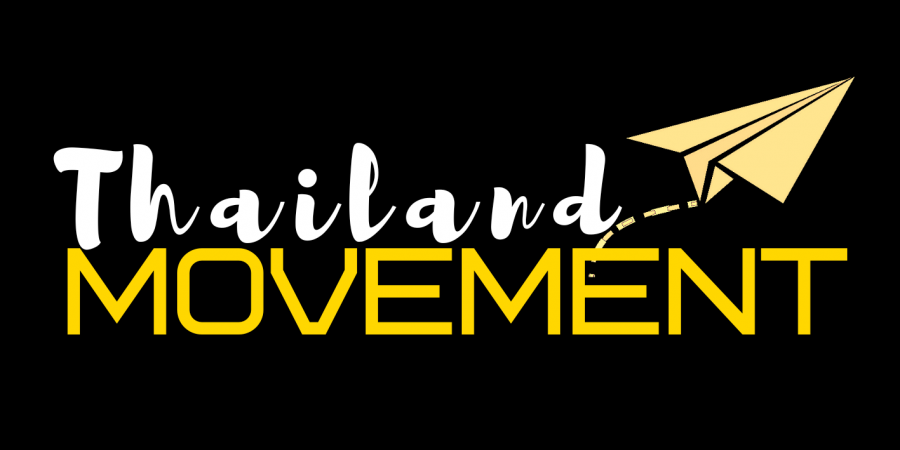Gigi and Bella Cousin Lands Modelling Contract to Launch Swimsuit Line
With the Speaker of the House of Commons John Bercow amongst various senior MPs to have been accused of bullying more junior staff in Parliament, the limelight is finally being shone on workplace bullying. A “culture of fear” exists in many industries, and bullying certainly isn’t confined to school playgrounds.
Shouting at colleagues isn’t acceptable in any working environment, and it’s not something to be taken lightly: being bullied can leave a victim feeling intimidated, terrified and even suffering from PTSD. If you’re being bullied by someone more senior than you at work, it can be hard to know how to deal with it in a way that won’t put your job at risk, but it’s imperative not to suffer in silence and there are ways you can effectively tackle the problem.
Oade believes it’s essential to handle an incident of bullying at the time of the attack. Doing so is of course nerve-wracking, but it can help the target retain control and throw the issue back to the bully, while demonstrating that the target is in charge of how they act under pressure.
The actual making of a record is the most exciting part of this business.
“As soon as a target demonstrates that they are in charge of what they say or do, even in a small way, the evolving bullying dynamic alters in their favour, sometimes sufficiently for that encounter, sometimes sufficiently to stop the bullying completely,” Oade explains. Workplace bullying is about power, and this is how the bullying dynamic is established.
Recognise what the bully is trying to achieve. “A skilled bully uses specific behaviour which they believe will put the target onto the back foot, retain them control of the interaction, and create a bullying dynamic between the two of them,” Oade explains. But you need to realise you have much more influence at the time of an attack than you think.
It’s also important to note that most of what a bully says is untrue. “Most bullying remarks do contain an element of truth but only an element wrapped up in a fabric of lies, slander and deceit,” explains Oade. You don’t need to defend yourself or justify your actions – put the issues back onto the bully and hold them accountable for what they just said. You may be wondering what Oade means by “put the issues back to the bully.” Essentially, this means countering bullying remarks (which are likely to be inaccurate or slanderous allegations about your work, character or commitment) by taking the spotlight off you and putting it on the bully by asking them to justify what they have said.
Here’s how it can work in practice: the bully has made a significant error in his handling of a key customer at a meeting. The following day, he turns to his target during a team meeting, rounding on her with the words: “You dropped us right in it in yesterday’s meeting!” The target is initially thrown at being scapegoated as she knows she didn’t speak at the meeting in question.
But she regains her composure and puts the bully on the spot by saying: “As we both know, I did not speak at the meeting you are referring to. You did all the talking. I understood what you said just then to mean that you were trying to blame me which can’t be right. So, run it past me again. What did you just say?”
The most important thing is to say or do something, however small. It takes courage to stand up to a bully and is easier said than done, but Oade believes there’s always something you can say or do at the time of the attack
- One-off, frequent or repeated personal attacks which you find emotionally hurtful or professionally harmful.
- A deliberate attempt by the bully to undermine your ability to carry out your work, or to injure your reputation, or to undermine your self-esteem and self-confidence.
- A deliberate attempt by the bully to remove personal power from you and keep this power for themselves.
The most important thing is to say or do something, however small. It takes courage to stand up to a bully and is easier said than done, but Oade believes there’s always something you can say or do at the time of the attack Using confident body language can make all the difference too: “Appearing confident during an attack changes the energy between the target and the bully, and alters the evolving bullying dynamic in the target’s favour,” Oade explains.


